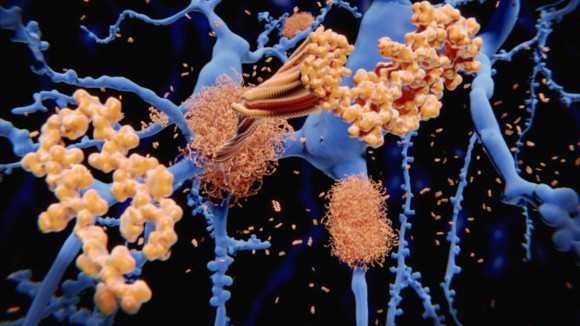Hirotsugu Ogi, PhD, Osaka University, Japan  Hirotsugu Ogi is a Full Professor at the Quantum Measurement & Instrumentation Lab of Osaka University. He received his B.S. and Ph.D. degrees in mechanical science and engineering at Osaka University in 1991 and 1997 respectively. He is the Member of IEEE and Acoustical Society of America repectively. His research area includes bio/gas sensors, condensed-matter physics, and protein-aggregation sciences with originally developed acoustic methods, including picosecond ultrasonic spectroscopy, wireless QCM, and electromagnetic acoustic resonance.
Hirotsugu Ogi is a Full Professor at the Quantum Measurement & Instrumentation Lab of Osaka University. He received his B.S. and Ph.D. degrees in mechanical science and engineering at Osaka University in 1991 and 1997 respectively. He is the Member of IEEE and Acoustical Society of America repectively. His research area includes bio/gas sensors, condensed-matter physics, and protein-aggregation sciences with originally developed acoustic methods, including picosecond ultrasonic spectroscopy, wireless QCM, and electromagnetic acoustic resonance.
Yuji Goto, PhD, Osaka University, Japan Yuji Goto is a Professor Emeritus and a Project Researcher, Graduate School of Engineering, Osaka University. He received his doctor degree in biochemistry at Osaka University in 1982. He was a Professor of Institute for Protein Research, Osaka University (1998-2020). He was Presidents of Asia Pacific Protein Association (2010-2011) and Protein Science Society of Japan (2016-2018). His research includes protein folding and misfolding, recently focusing on the role of supersaturation in amyloid fibril formation.
Yuji Goto is a Professor Emeritus and a Project Researcher, Graduate School of Engineering, Osaka University. He received his doctor degree in biochemistry at Osaka University in 1982. He was a Professor of Institute for Protein Research, Osaka University (1998-2020). He was Presidents of Asia Pacific Protein Association (2010-2011) and Protein Science Society of Japan (2016-2018). His research includes protein folding and misfolding, recently focusing on the role of supersaturation in amyloid fibril formation.

